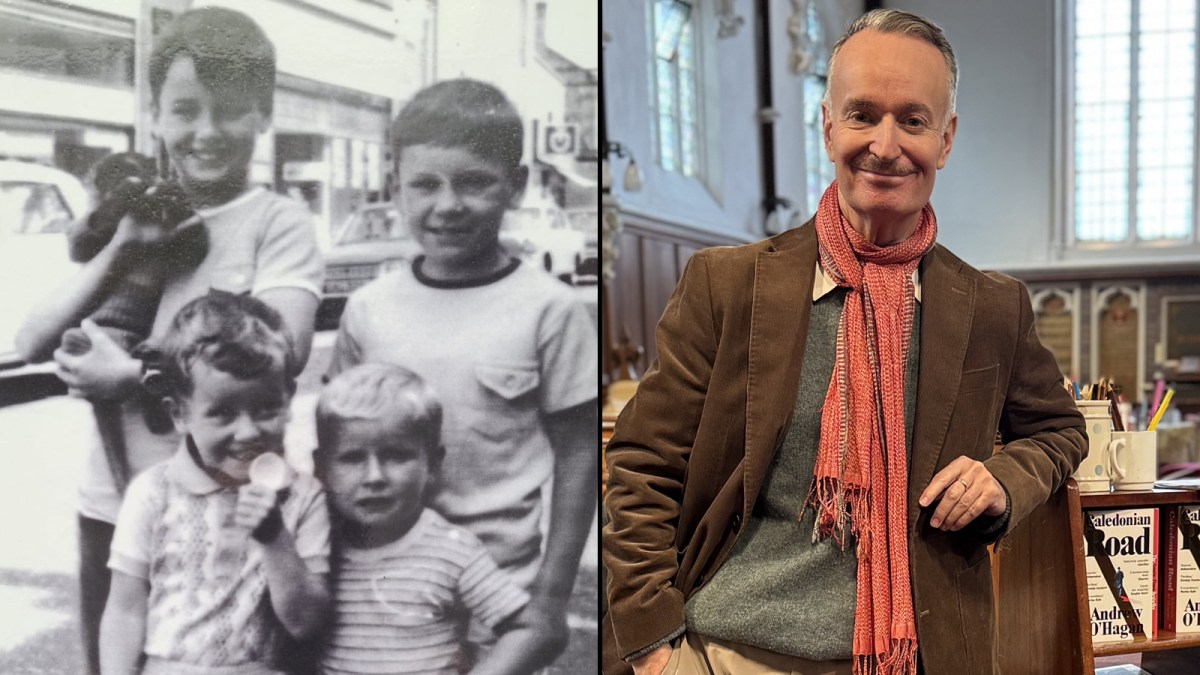Andrew O’Hagan, a prominent writer from the UK, recently opened up about the transformative power of literature in his life. In his latest reflections, O’Hagan recounts his childhood experiences growing up in a modest home near Glasgow, where access to books was severely limited. His story sheds light on the profound impact that a single book can have, even in challenging circumstances.
O’Hagan’s father challenged him on a statement he made during a radio interview, where he claimed that there were no books in their household as he was growing up. “That’s not true,” his father insisted, recalling a large yellow book that resided in their kitchen. “That was the telephone directory,” O’Hagan replied, emphasizing that it didn’t qualify as a true book. This exchange highlights a stark reality: while books were scarce, the desire for knowledge and the opportunity to access it remained just out of reach.
The backdrop of O’Hagan’s childhood was characterized by financial strain and limited opportunities. His mother worked as a school cleaner, while his father held a job as a joiner but was often away from home. This environment fostered a sense of stress and uncertainty, leaving O’Hagan and his brothers with a fear of change and knowledge.
Literature as a Lifeline
Despite the challenges, O’Hagan suggests that literature existed beyond the confines of his home. The pathway towards discovering books, however, was not straightforward. “Books existed outside, of course, but the pathway towards them was never as clear as you’d imagine,” he remarked. This sentiment resonates with many who have faced similar obstacles in their pursuit of education and self-improvement.
In sharing these reflections, O’Hagan not only recounts his personal experiences but also emphasizes the broader significance of access to literature. He illustrates how a single book can serve as a lifeline, providing hope and inspiration amidst adversity. Literature has the power to transcend circumstances, opening doors to new worlds and ideas.
O’Hagan’s narrative serves as a reminder of the importance of fostering a love for reading, particularly in underprivileged communities. As he continues to navigate his literary career, he remains acutely aware of how far he has come from his early years. The impact of literature on his life underscores the necessity for accessible reading materials for all, regardless of background.
In conclusion, Andrew O’Hagan highlights a fundamental truth: books can change lives. His story reflects the struggles of many who seek knowledge and self-discovery against the odds. As he advocates for greater access to literature, O’Hagan’s journey from a bookless childhood to a celebrated author serves as an inspiring testament to the transformative power of reading.







